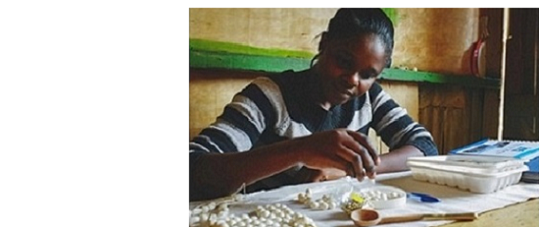This study aims to understand the role of social networks in identifying and developing micro-entreprises with high growth potential. Evidence from capital drop experiments suggests that many Small and Medium Enterprises (SMEs) in developing countries have very high returns to capital. It is therefore rather puzzling that microcredit appears to have limited impacts on business growth. One possible explanation for this phenomenon is that MFI staff, who are often hired from outside the communities that they serve, do not have the necessary information to reliably identify prospective borrowers with high returns to borrowed capital. These researchers propose to investigate whether information on these returns can be extracted from individuals with much more knowledge of potential borrowers - their peers.
The research team will use their PEDL exploratory grant to conduct background research and pilot activities on the nature of borrower-trustee relationships in urban Kenya to inform the interventions that they plan to eventually include in the design of a full-scale Randomized Controlled Trial (RCT). They will also investigate whether peer monitoring can be harnessed to improve loan repayment outcomes, SME investment decisions, and ultimately SME growth and survival. The researchers will address these questions in partnership with the microfinance NGO Kiva Zip, which uses a unique model in which peers nominate borrowers for access to credit. The background research will also allow Kiva to better understand the motivations and needs of their clients and to test any changes to the existing lending model on a small scale before committing to a larger-scale roll-out. More generally, the results from this study will generate useful insights for practitioners and policymakers interested in using social networks to identify promising beneficiaries of financial interventions.







